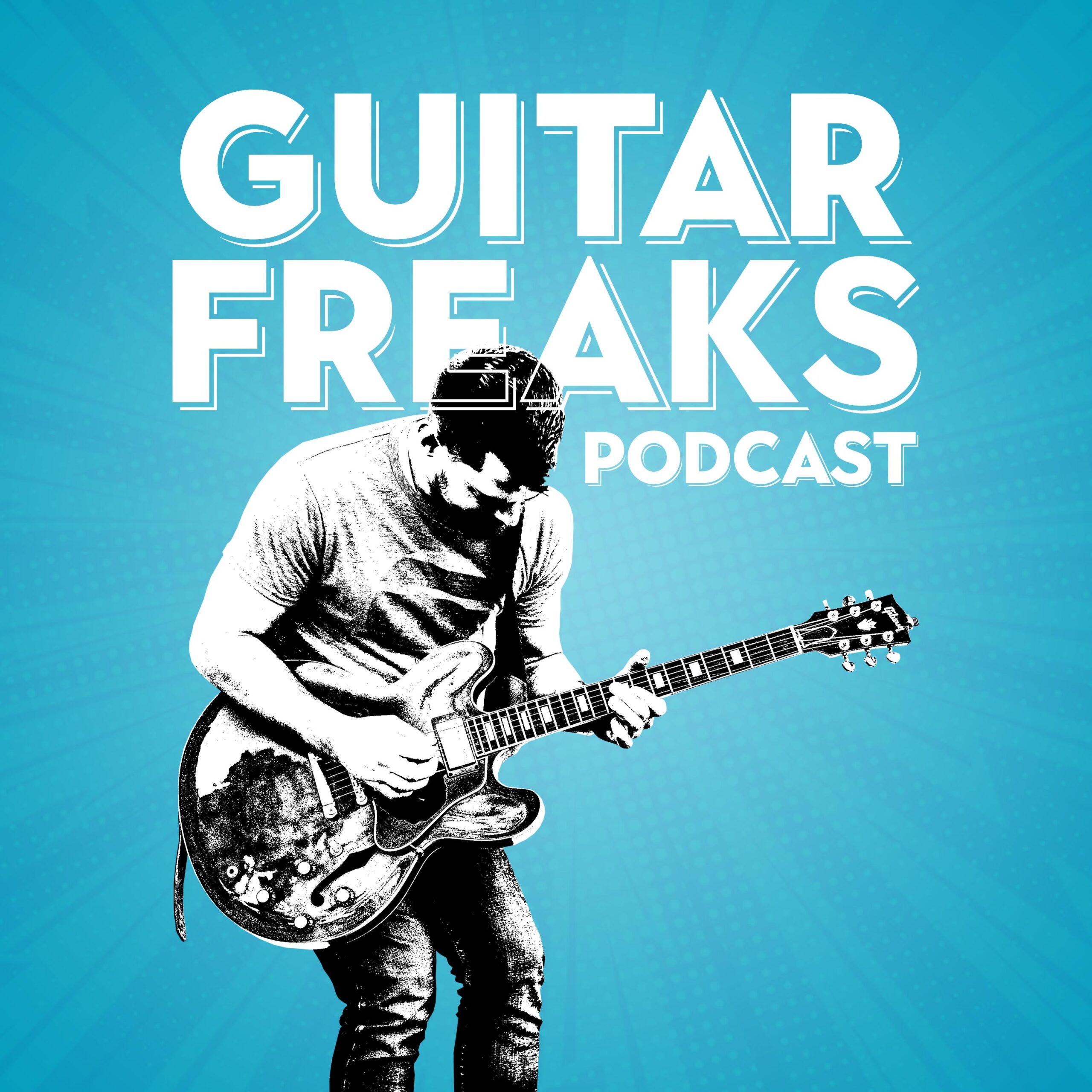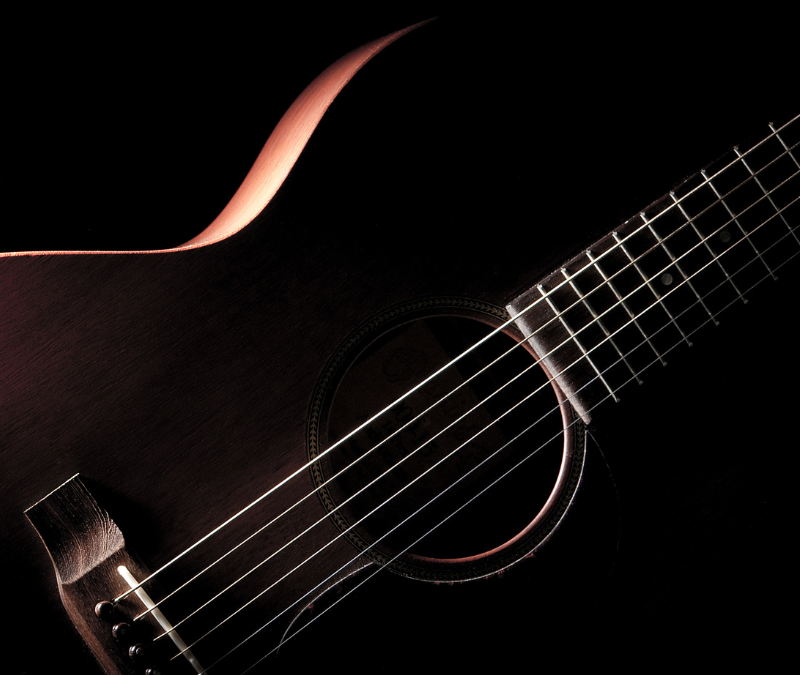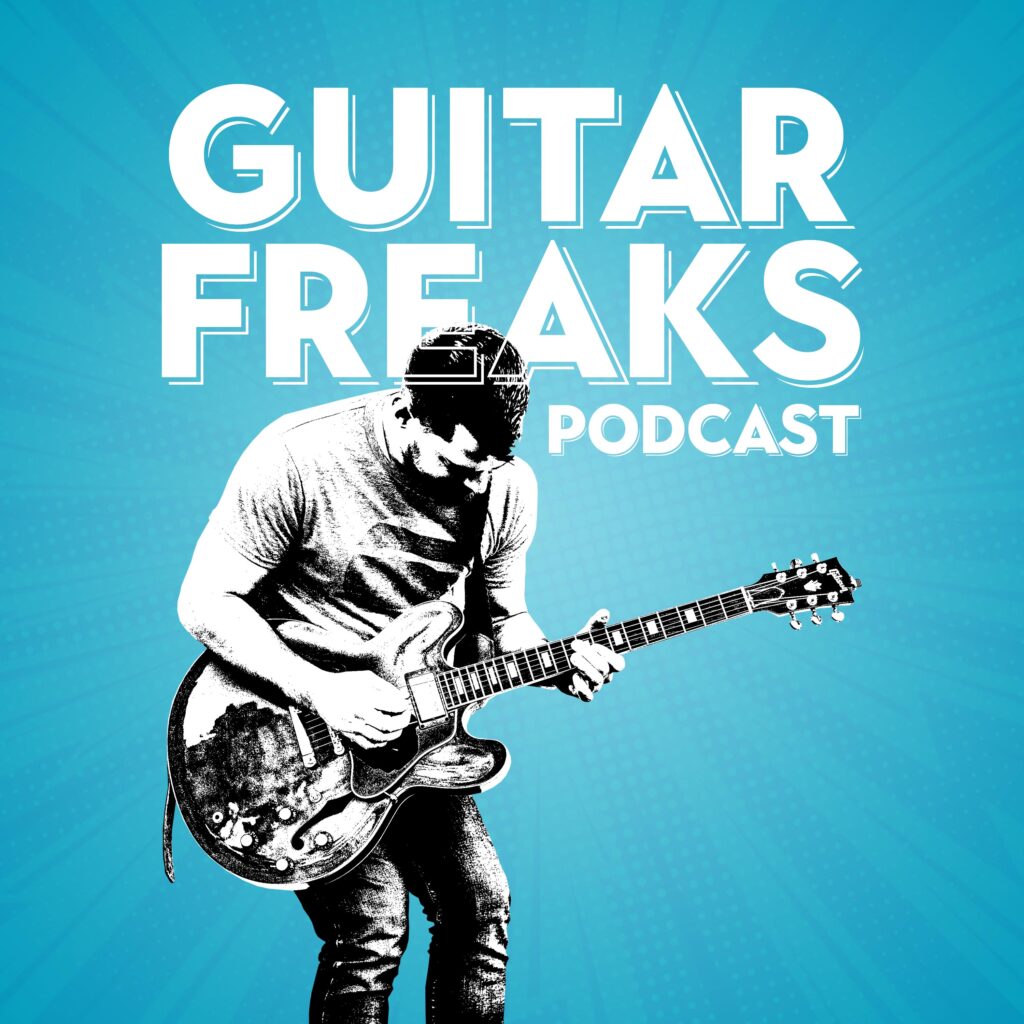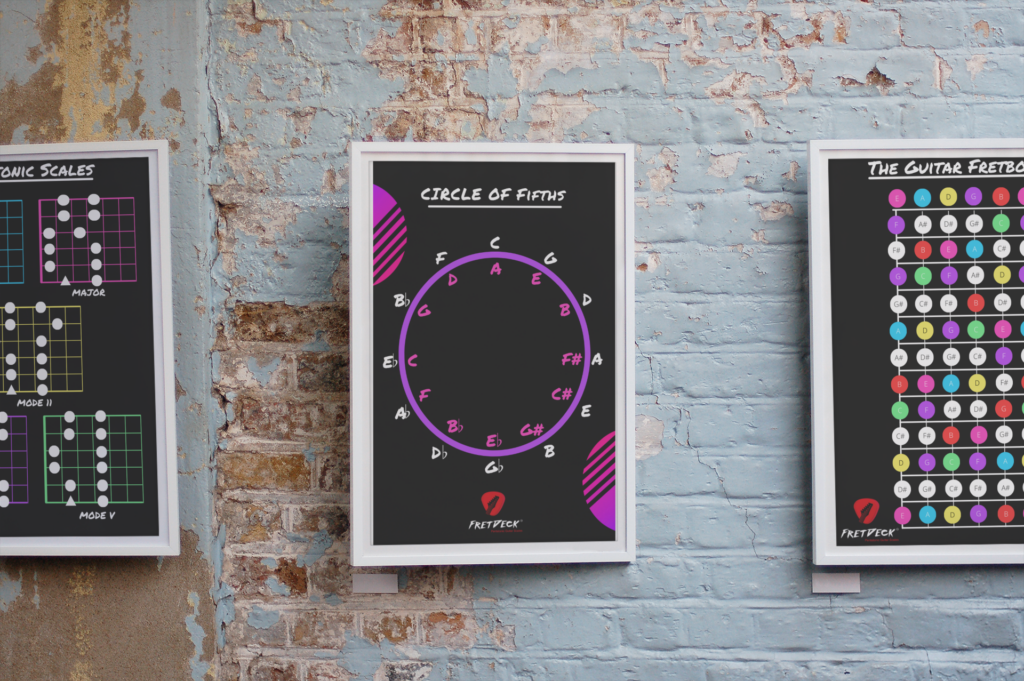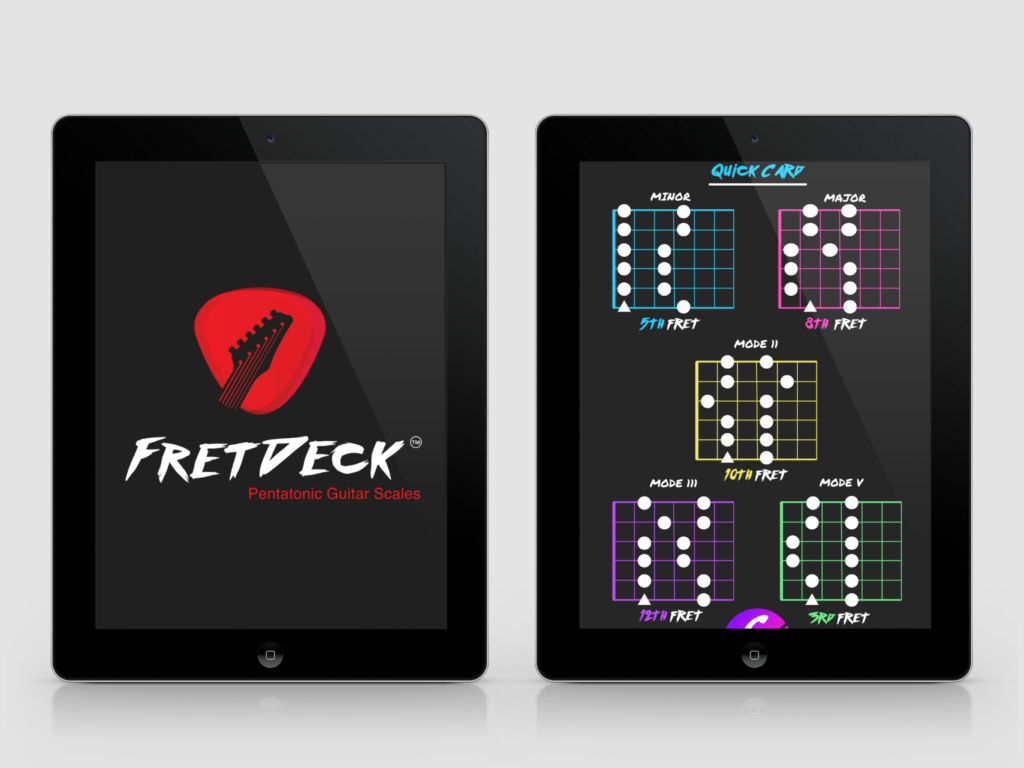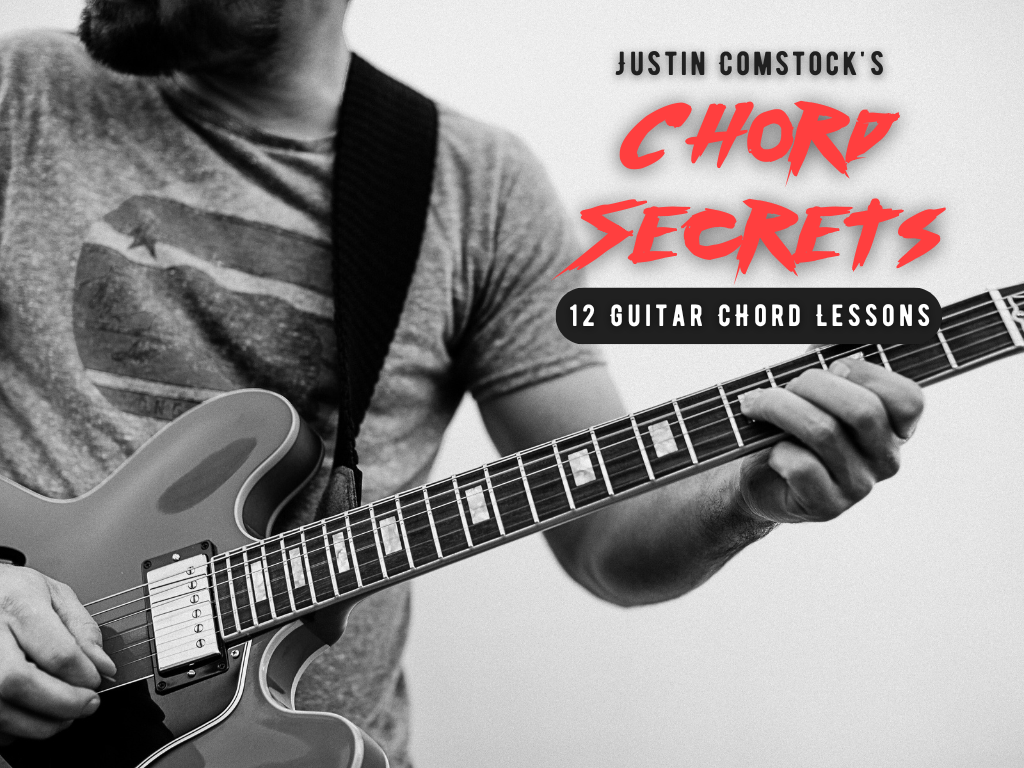If you’re like most guitar players, you’ve heard it a hundred times: “You need to practice your scales!” But let’s be honest—practicing scales on guitar can feel boring, repetitive, and even downright frustrating if you don’t know what you’re doing. The good news? It doesn’t have to be this way. With the right strategies, tools, and mindset, you can transform scale practice from a tedious chore into the single most powerful way to elevate your guitar playing.
In this guide, I’ll show you how to practice scales on guitar the right way, explain why they’re essential for your growth, and share how FretDeck can make the process easier, faster, and more enjoyable than ever. By the end of this, you’ll be ready to dominate the fretboard—and actually enjoy doing it.
Why Practicing Scales on Guitar Is So Important
Let’s cut to the chase: if you want to be a better guitarist, practicing scales on guitar isn’t optional—it’s mandatory.
Here’s why:
- Scales Are the Foundation of Music: They form the building blocks for solos, riffs, and melodies in nearly every genre.
- Scales Improve Your Technique: Playing scales builds finger strength, speed, and accuracy.
- Scales Unlock the Fretboard: Once you learn scales, you’ll start seeing patterns and connections across the neck, making it easier to improvise and write your own music.
- Scales Train Your Ears: Regular practice helps you recognize intervals and pitches, which is critical for playing in tune and creating music that sounds good.
Simply put, scales are your secret weapon for playing with confidence, creativity, and control.
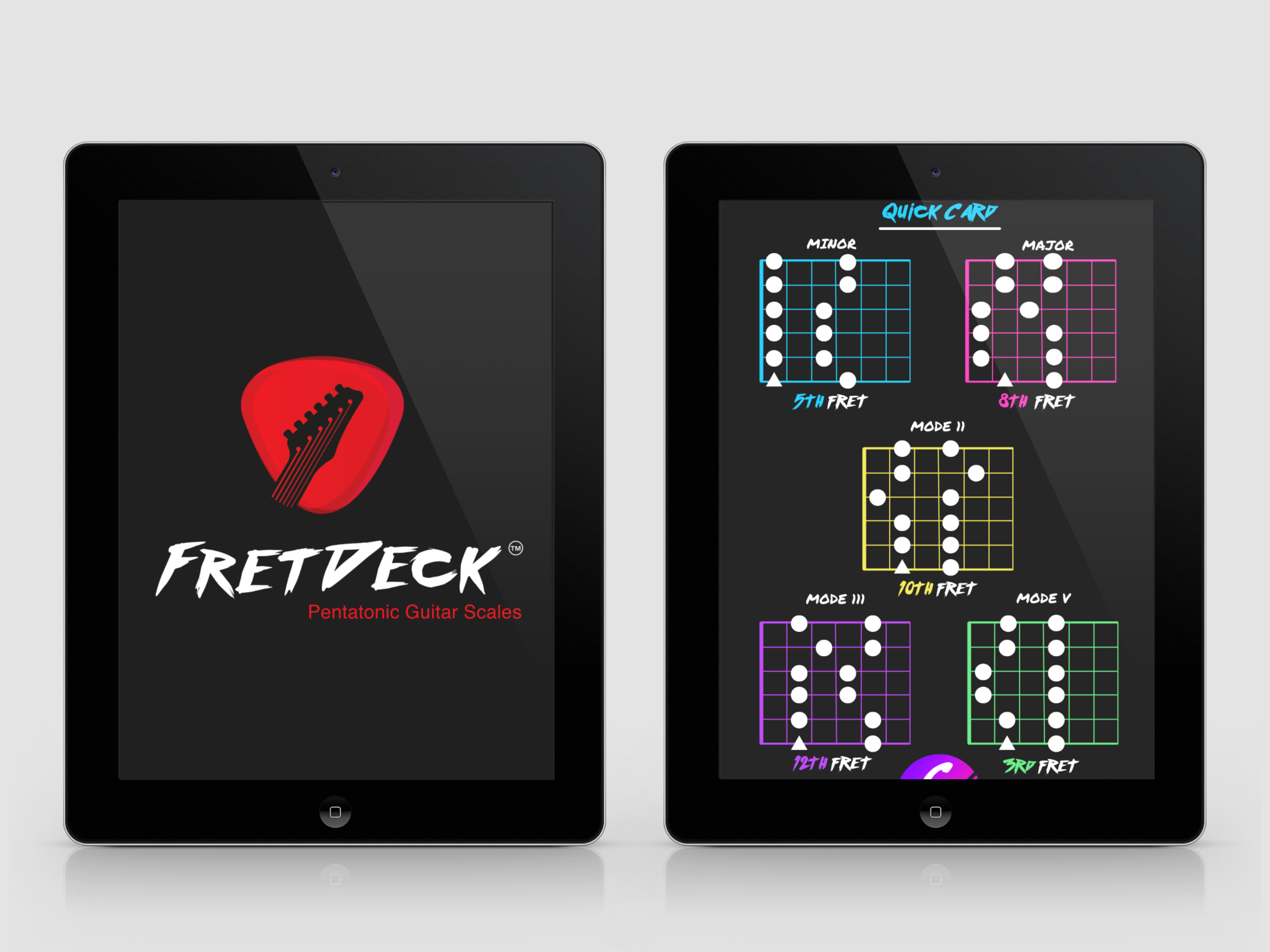
Download The FretDeck & Pentatonic Secrets Course!
Download Our Course
The Wrong Way to Practice Scales (And Why Most Guitarists Struggle)
If you’ve tried practicing scales on guitar before and didn’t see results, you’re not alone. Most guitarists make one (or more) of these common mistakes:
- Mindless Repetition: Running up and down the scale without understanding what you’re playing or how to use it.
- Focusing Only on Speed: Trying to play fast before mastering accuracy and tone.
- Overloading Yourself: Attempting to learn too many scales at once, leading to confusion and burnout.
Here’s the truth: practicing scales is about quality, not just quantity. It’s not about how many scales you can cram into your brain, but how well you understand and apply them.
The Right Way to Practice Scales on Guitar
Ready to see real progress? Here’s a step-by-step roadmap to make your scale practice efficient, effective, and (dare I say it) enjoyable:
1. Start with the Basics: Learn One Scale at a Time
The biggest mistake beginners make is trying to learn too much at once. Instead, focus on one scale at a time. I recommend starting with the pentatonic scale or the major scale.
- Learn the first position (or “box”) of the scale.
- Practice playing it slowly, making sure every note rings out cleanly.
Pro Tip: Use FretDeck to visualize the scale pattern. The flashcards break each scale into bite-sized chunks, so you’ll never feel overwhelmed.
2. Practice Both Ascending and Descending Patterns
It’s tempting to only play scales from the lowest note to the highest, but don’t stop there. Play them descending as well. This builds muscle memory and helps you navigate the fretboard more fluently.
3. Add Rhythmic Variations
To keep your practice sessions interesting, experiment with different rhythms:
- Play quarter notes, eighth notes, or triplets.
- Use alternate picking to develop speed and consistency.
FretDeck includes practice tips like this to help you get the most out of your sessions.
4. Connect Scale Positions
Once you’ve mastered one scale position, move on to the next. Eventually, you’ll be able to connect multiple positions and play across the entire fretboard.
How to Apply Scales to Real Music
Practicing scales on guitar isn’t just about playing patterns—it’s about making music. Here’s how to use scales creatively:
1. Improvise Over Backing Tracks
Find a simple backing track in the key of your scale (YouTube is a great resource). Use the scale to create melodies, licks, and solos.
2. Write Your Own Riffs and Solos
Experiment with the notes in your scale to create original riffs and solos. Remember, scales are a tool for creativity, not just a technical exercise.
3. Play Along with Your Favorite Songs
Figure out which scale fits the key of a song you love and use it to play along. This bridges the gap between practice and performance.
How FretDeck Makes Practicing Scales on Guitar Easier
Here’s the truth: practicing scales doesn’t have to be boring or overwhelming. FretDeck turns it into a game—one where you can see progress fast.
What Is FretDeck?
FretDeck is an interactive flashcard system designed to make mastering scales and the fretboard simple and fun.
How FretDeck Helps You Master Scales
- Visual Clarity: FretDeck breaks down each scale into clear, easy-to-follow diagrams.
- Progressive Learning: Start with simple patterns and gradually build your knowledge.
- Practice Tips: Each card includes practical exercises to help you apply what you’ve learned.
- Portable: Take FretDeck anywhere and practice whenever you have a spare moment.
Thousands of guitarists have used FretDeck to unlock their potential. Why not you?

Download The FretDeck & Pentatonic Secrets Course!
Download Our Course
Common Mistakes to Avoid When Practicing Scales on Guitar
Even with the best tools, it’s easy to fall into bad habits. Here’s how to avoid them:
- Skipping Warmups: Always warm up before diving into scales to avoid strain or injury.
- Neglecting Slow Practice: Speed comes with accuracy. Start slow and build up.
- Ignoring Theory: Understanding the “why” behind scales makes them much more useful.
Join the Guitar Freaks Hangout for Tips, Inspiration, and Support
Learning guitar scales is easier when you’re part of a supportive community. That’s why I created the Guitar Freaks Hangout on Discord.
In the Hangout, you’ll find:
- Tips and tricks from fellow guitarists.
- Backing tracks to jam along with.
- A space to share your progress and ask questions.
Whether you’re a beginner or an experienced player, the Guitar Freaks Hangout is the perfect place to stay motivated and inspired.
Click here to join the Guitar Freaks Hangout now
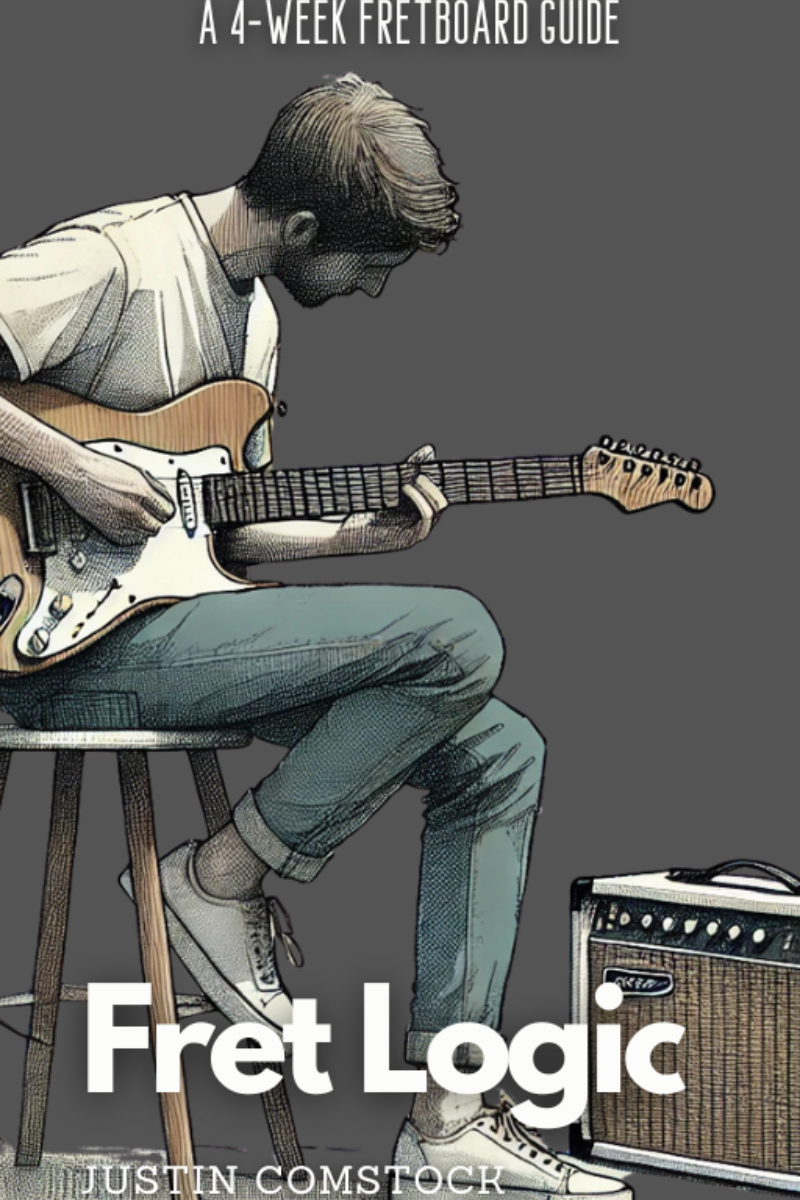
Join Guitar Freaks Hangout on Discord! 🎸
Get Fret Logic FREE!
Join the Guitar Freaks Hangout Discord and get exclusive access to my entire e-book, Fret Logic! Master the fretboard and elevate your solos with this comprehensive guide.
👉 Don’t miss out—join now and download your free copy!
Your Next Step: Get FretDeck and Start Practicing Smarter
You’ve got the roadmap. Now it’s time to take action. With FretDeck, you’ll master scales faster, apply them to real music, and have more fun along the way.
When you order FretDeck, you’ll get:
- A complete system for mastering scales and the fretboard.
- Step-by-step exercises to build speed and accuracy.
- Access to exclusive practice tips and resources.
Click Below to Get Your FretDeck Today:
Order FretDeck Now
Final Thoughts: Practicing Scales on Guitar Is Your Key to Mastery
Practicing scales on guitar isn’t just an exercise—it’s your gateway to creativity, confidence, and control. When you practice scales the right way, you’ll unlock the fretboard, improve your technique, and start making the music you’ve always dreamed of playing.
So what are you waiting for? Grab your guitar, get your FretDeck, and join the Guitar Freaks Hangout to take your playing to the next level. The fretboard is yours—go claim it.
For more insights on effective scale practice, check out our article on Practicing Guitar Scales: Unlock Speed, Accuracy, and Creativity. This guide offers proven exercises to enhance your speed and accuracy while keeping your practice sessions engaging
